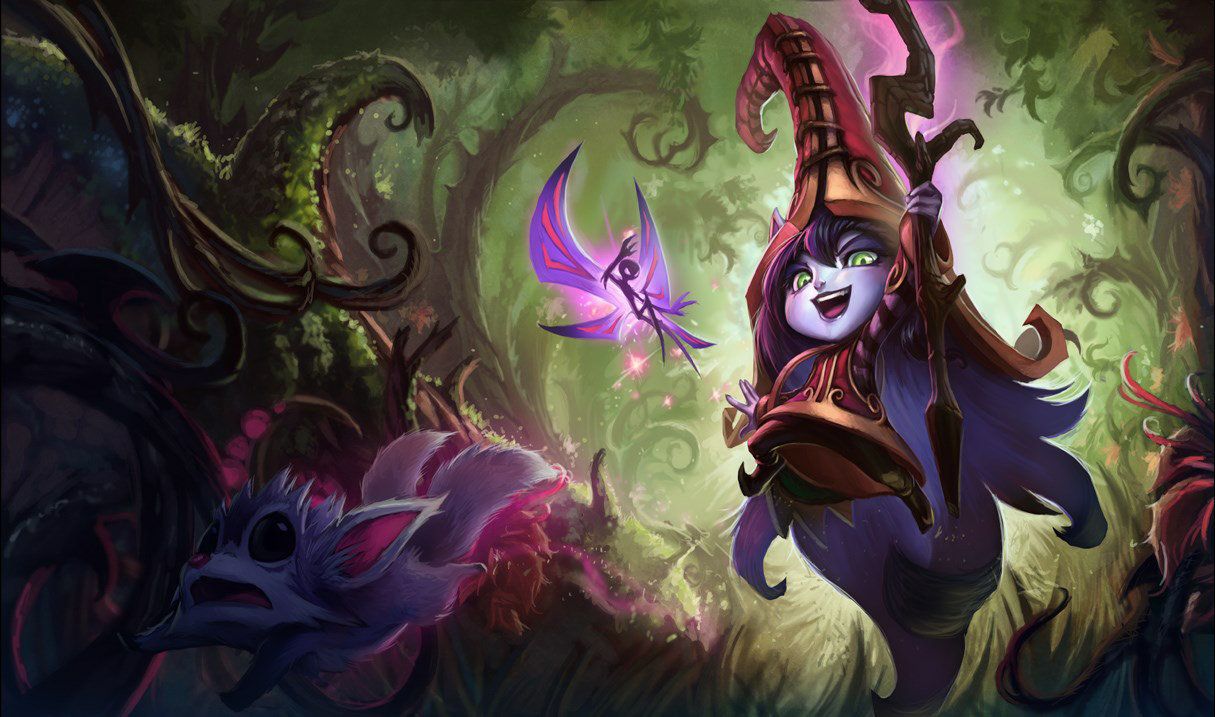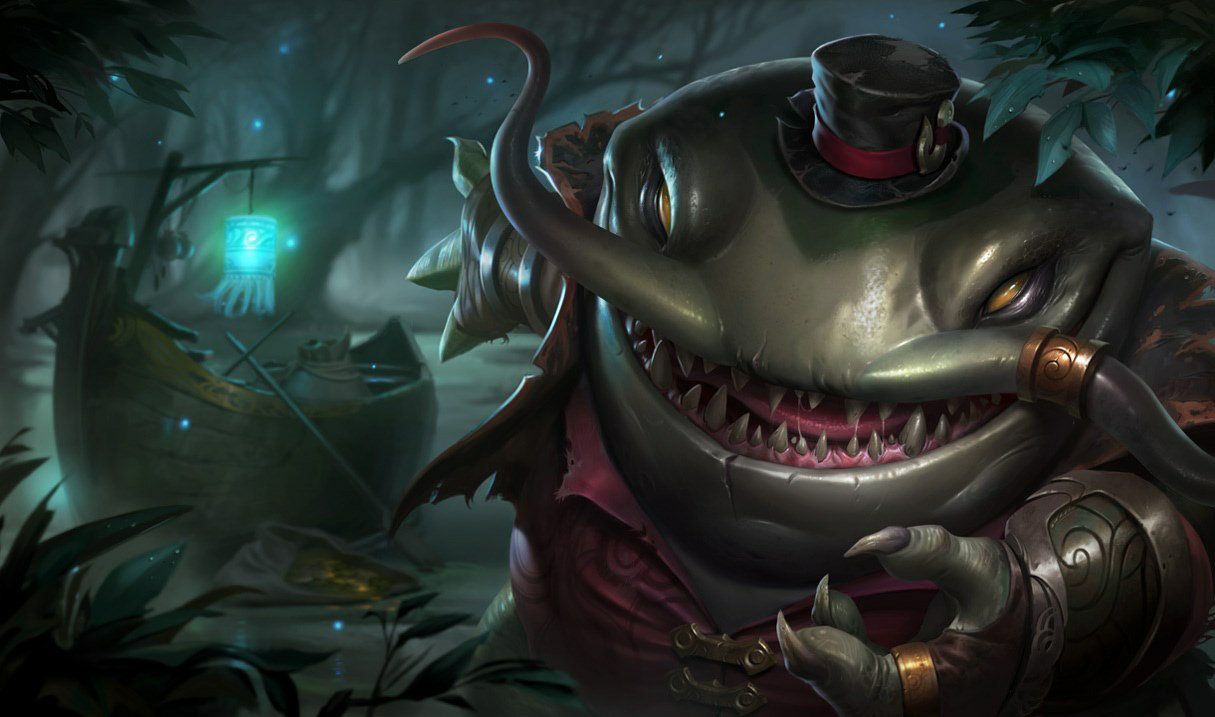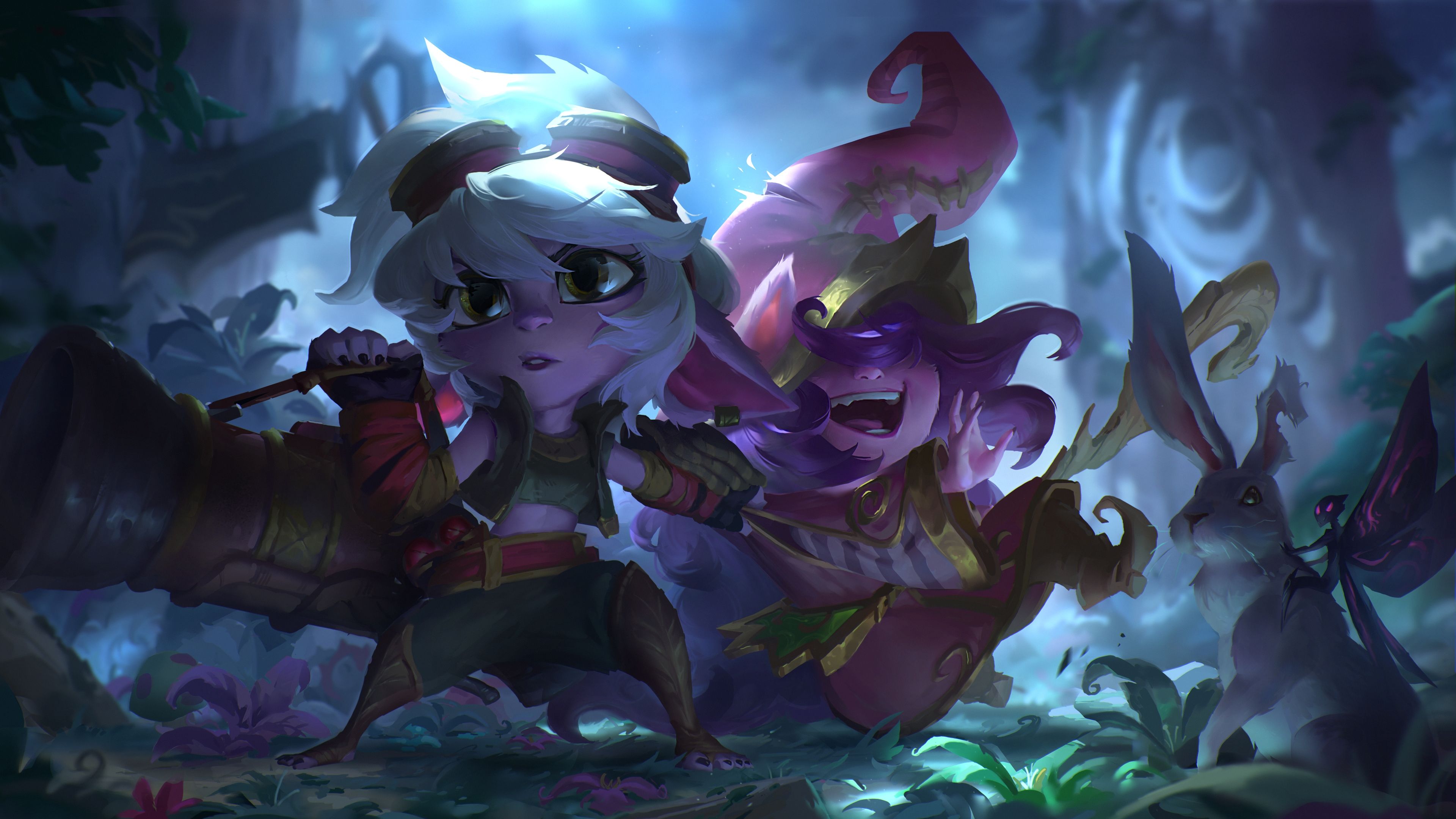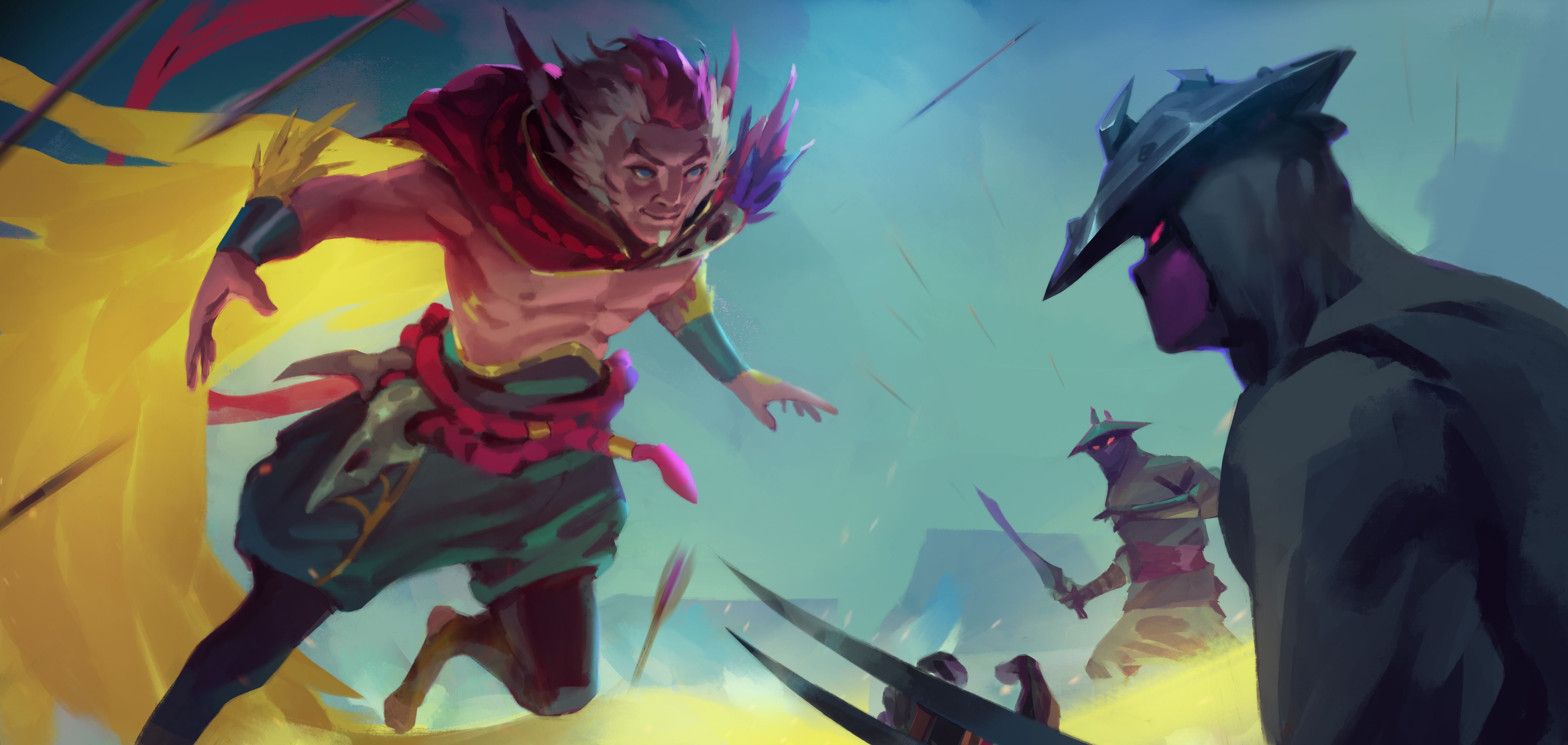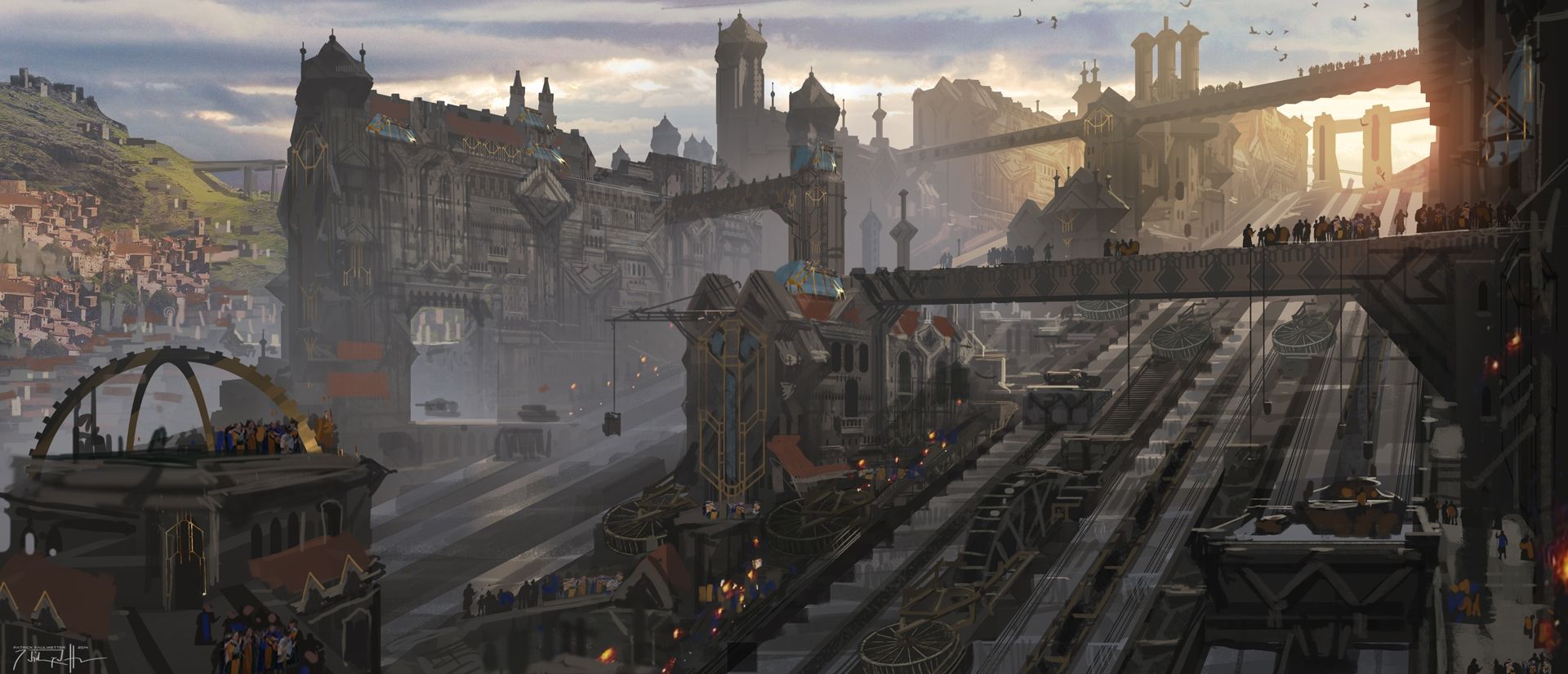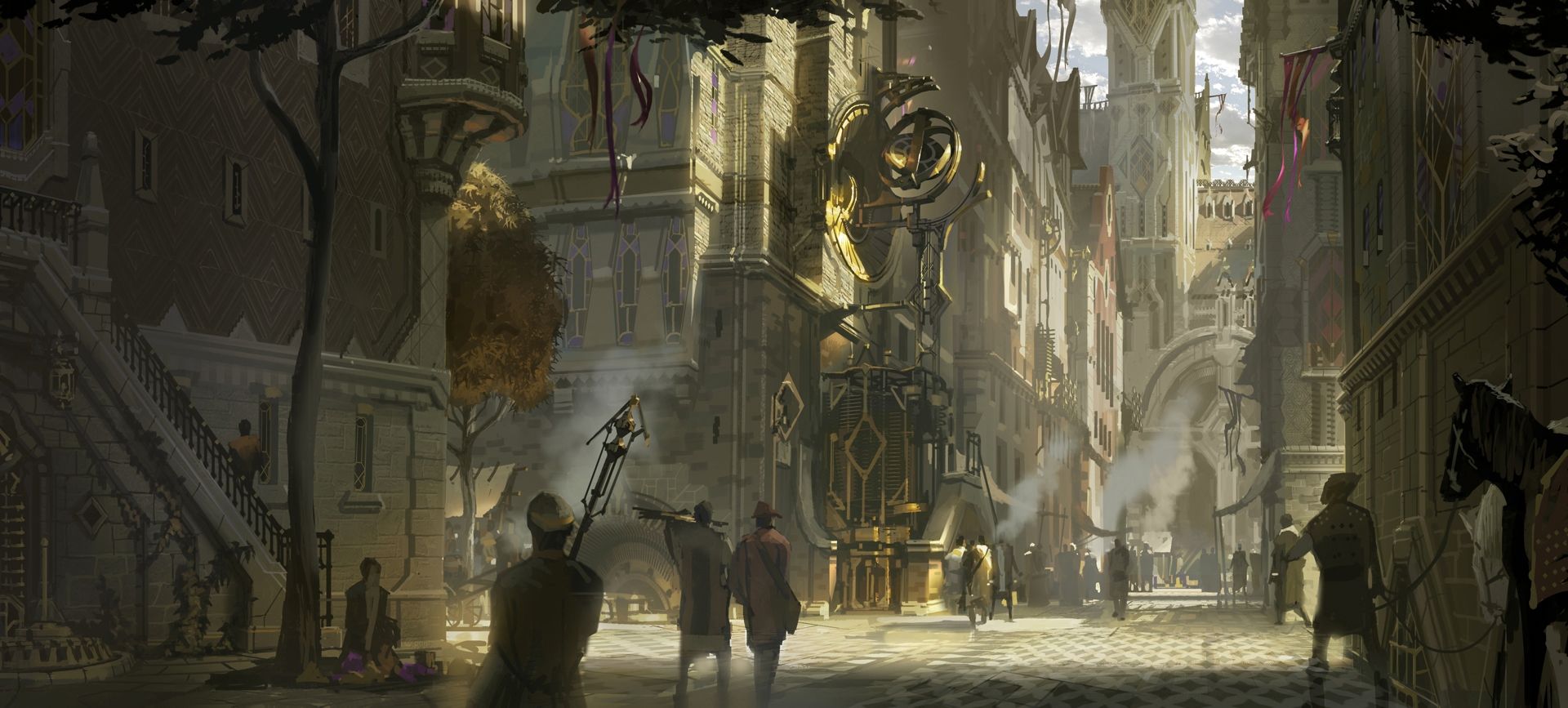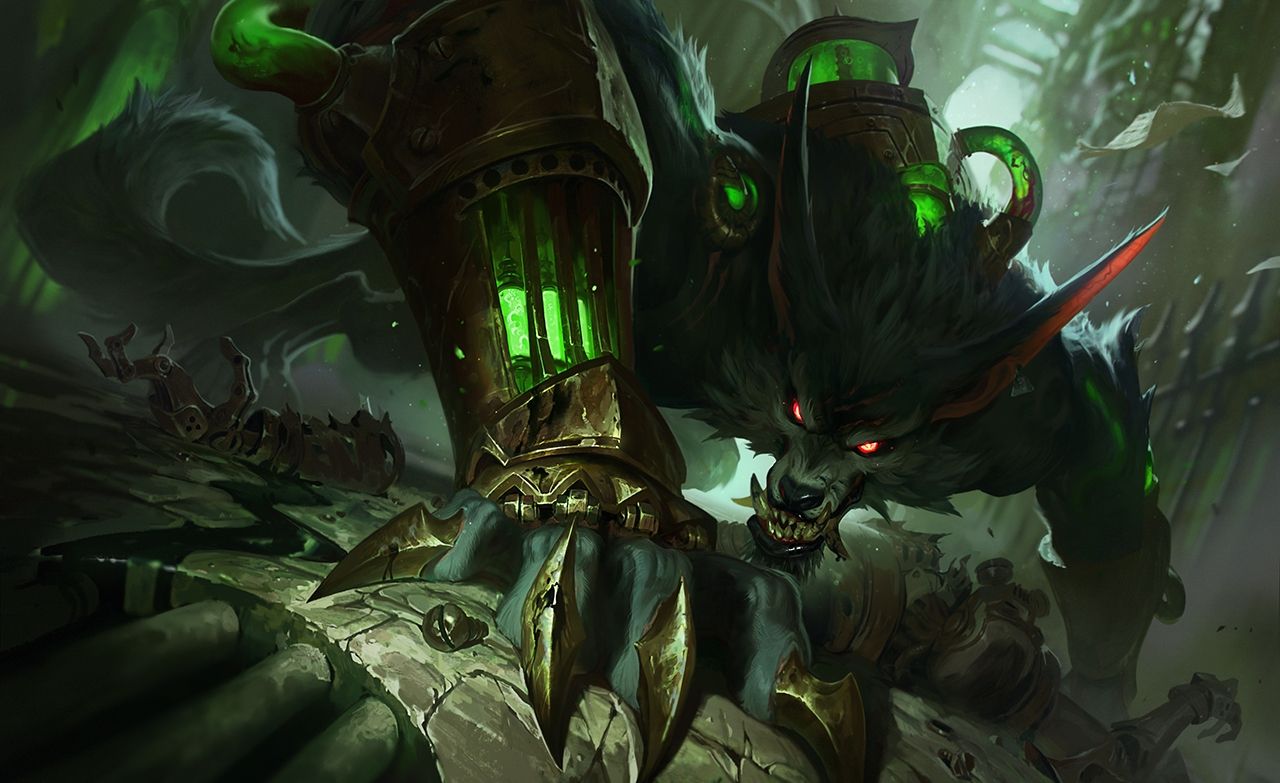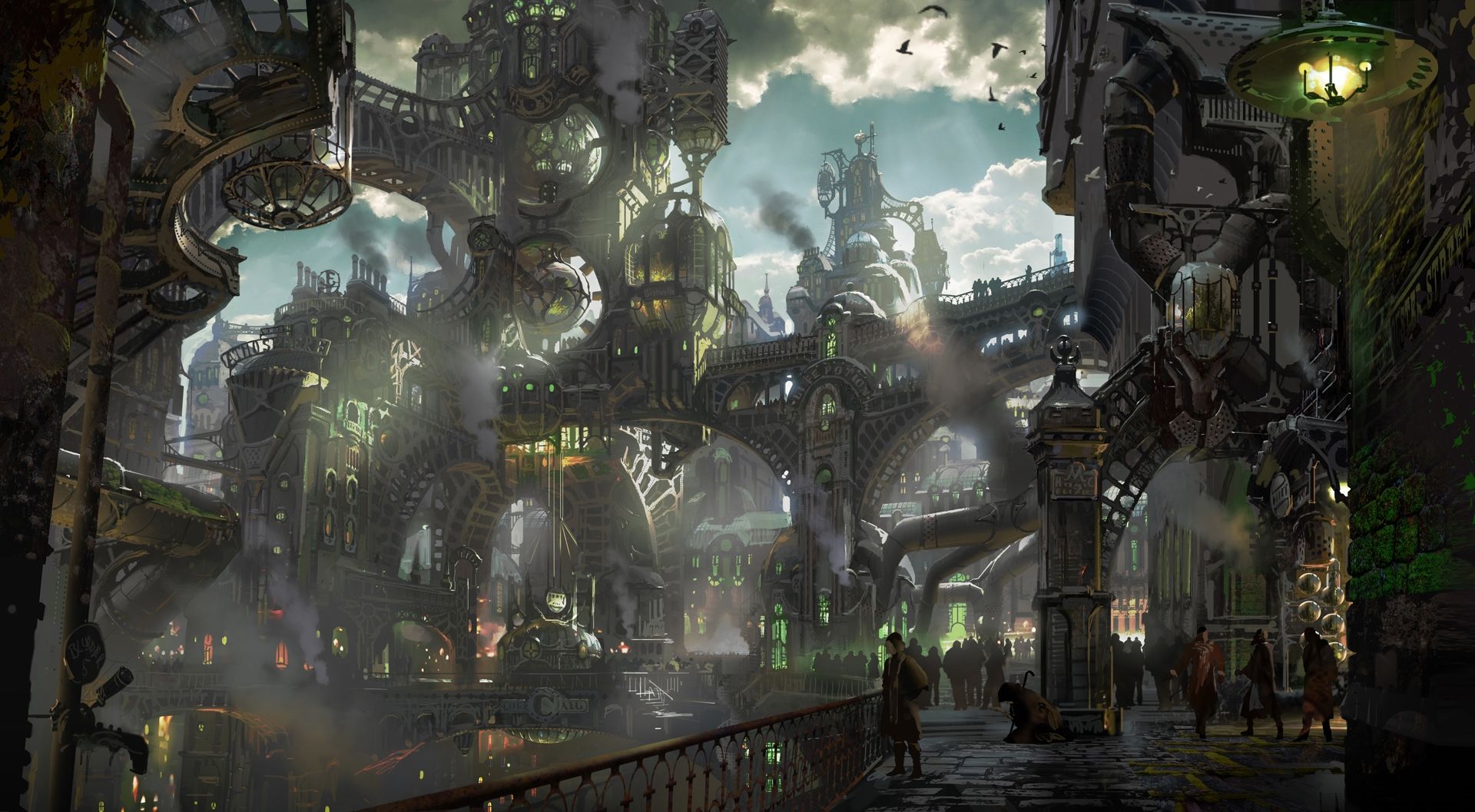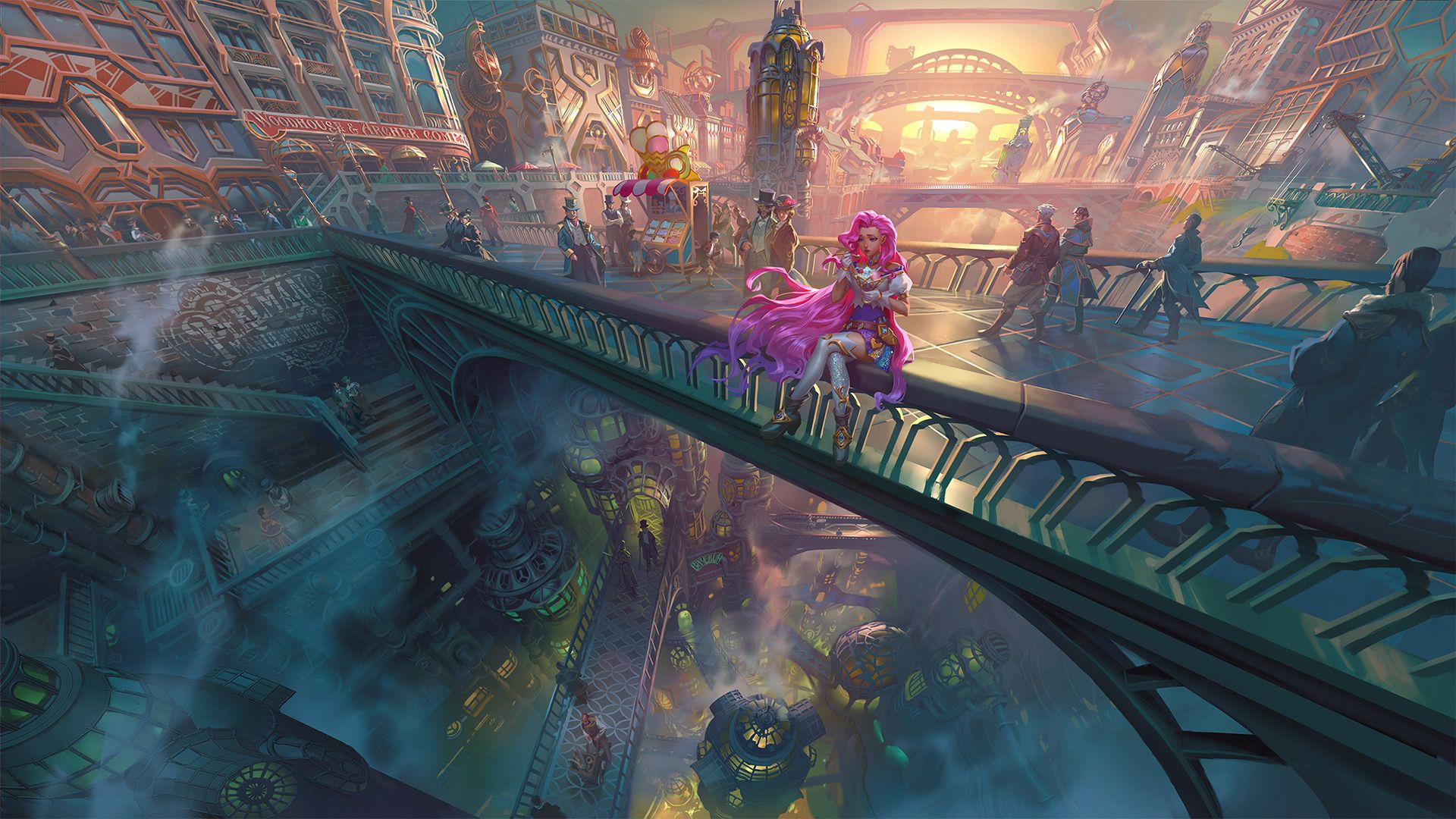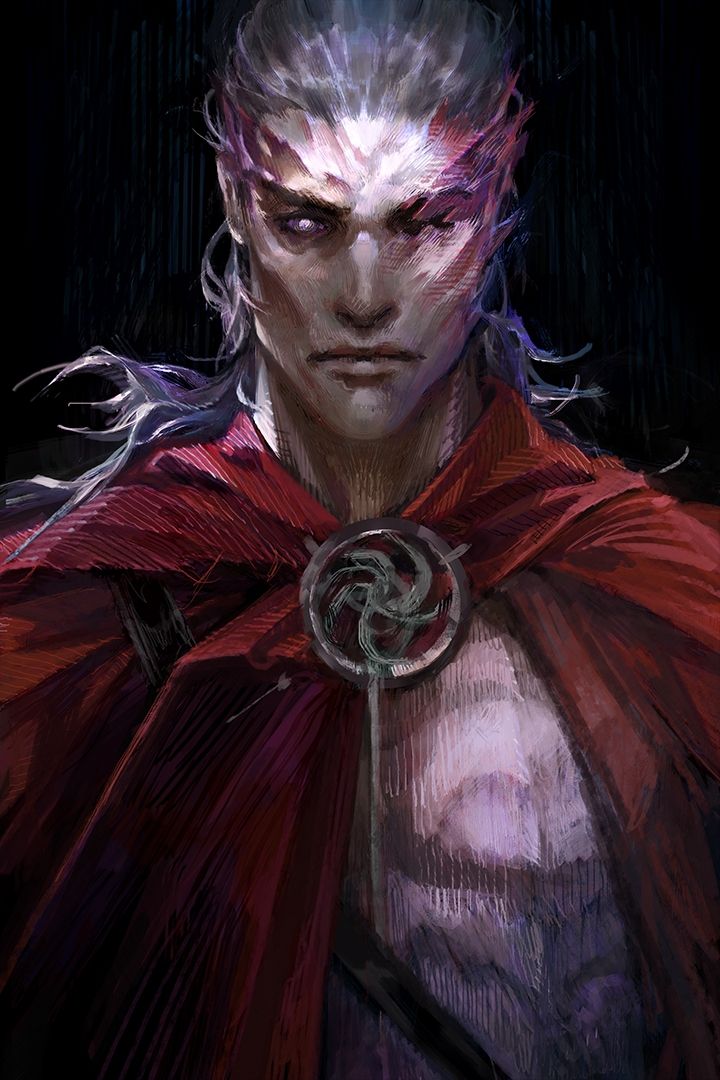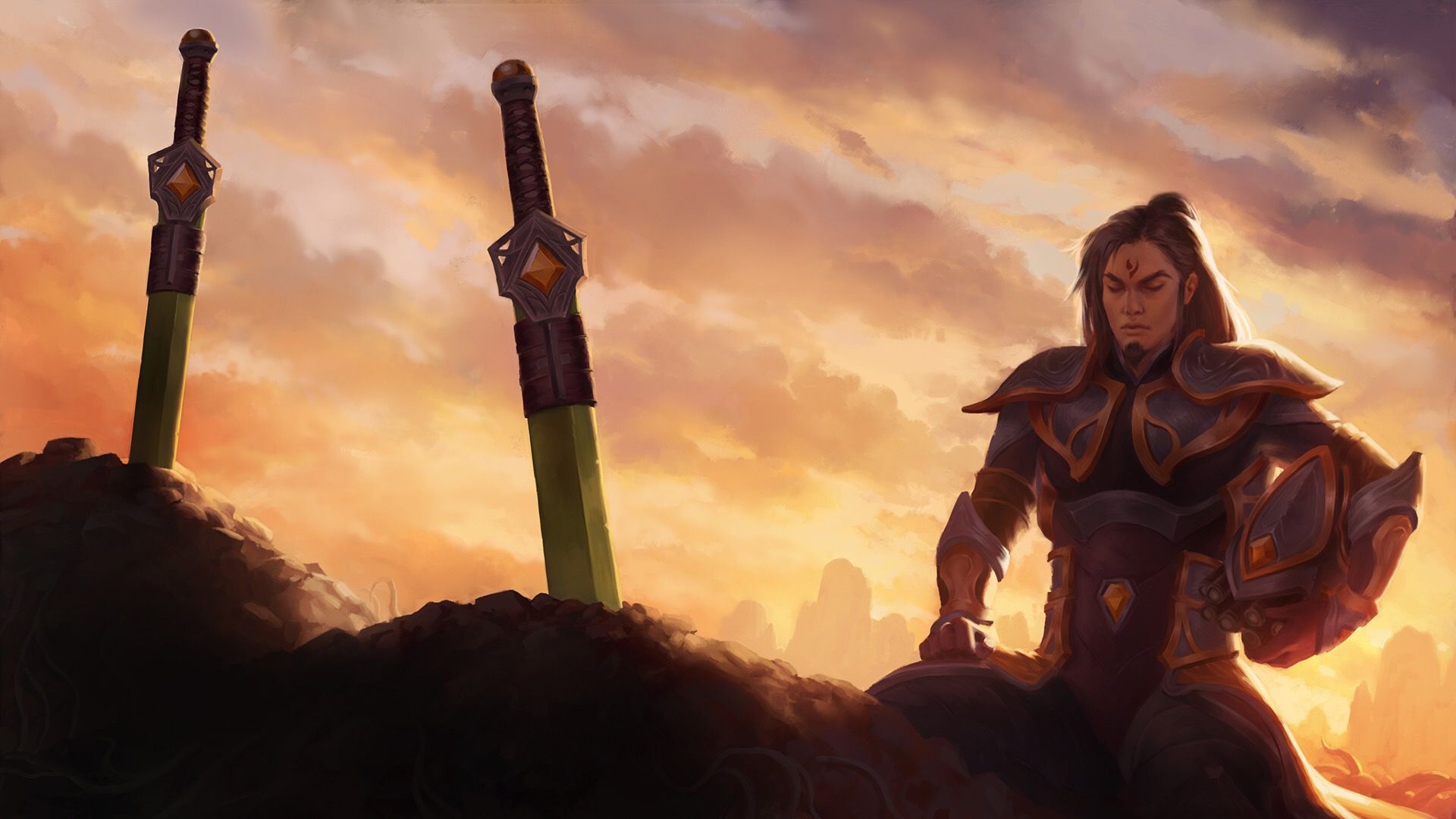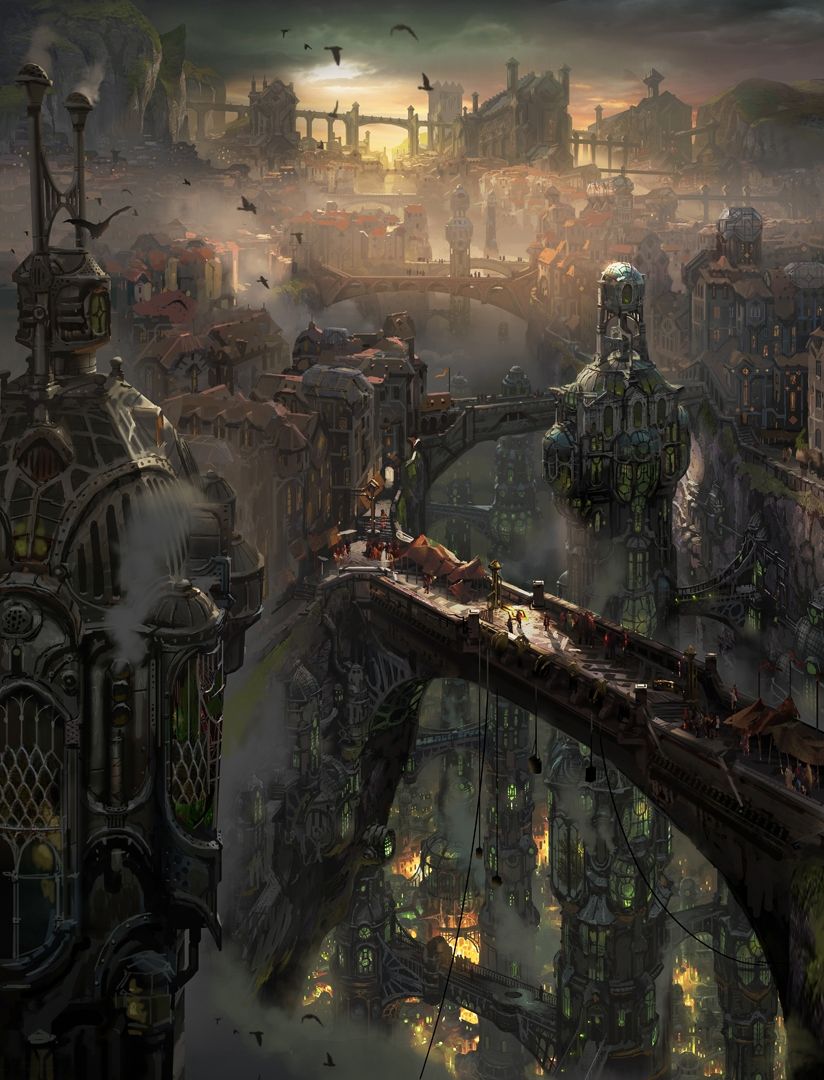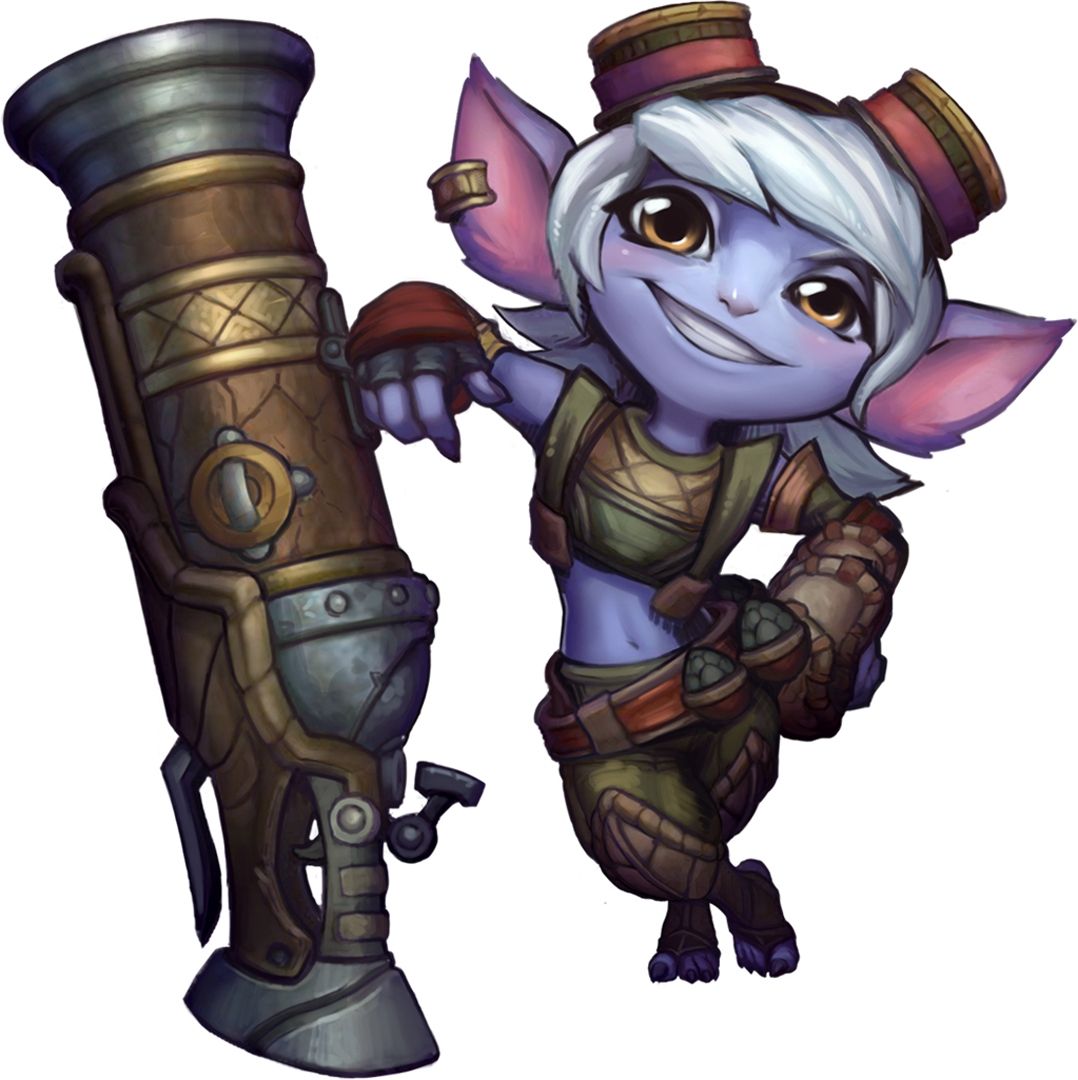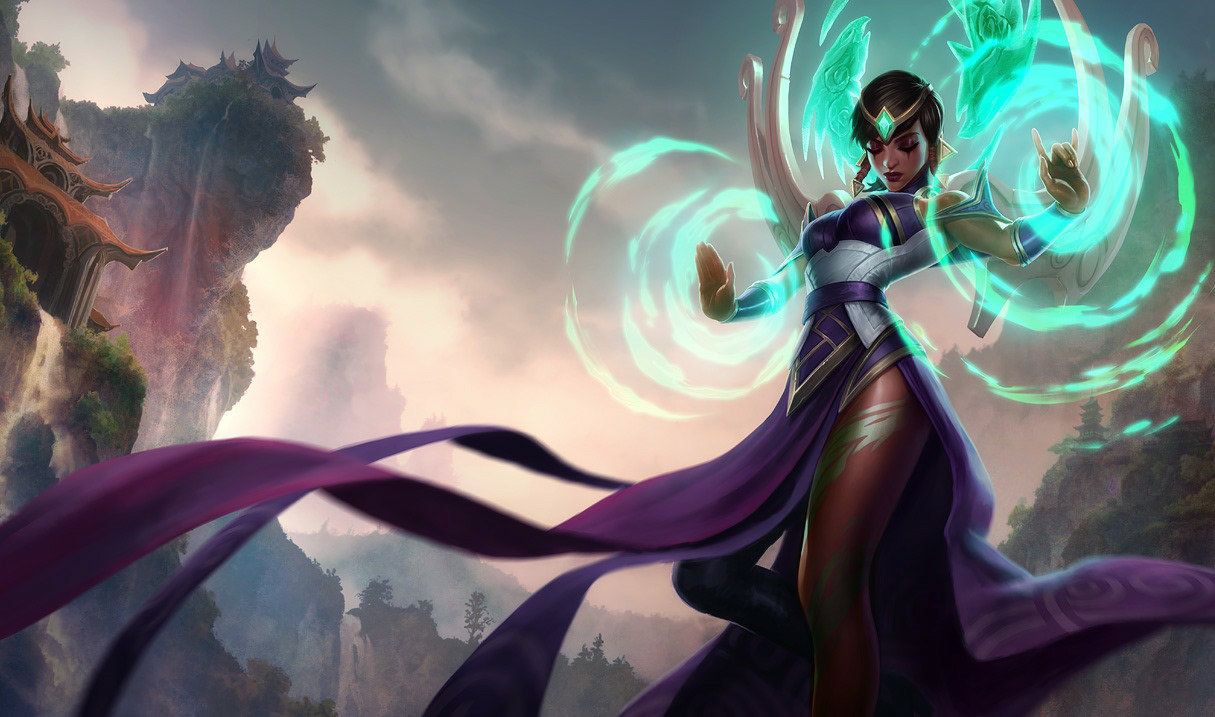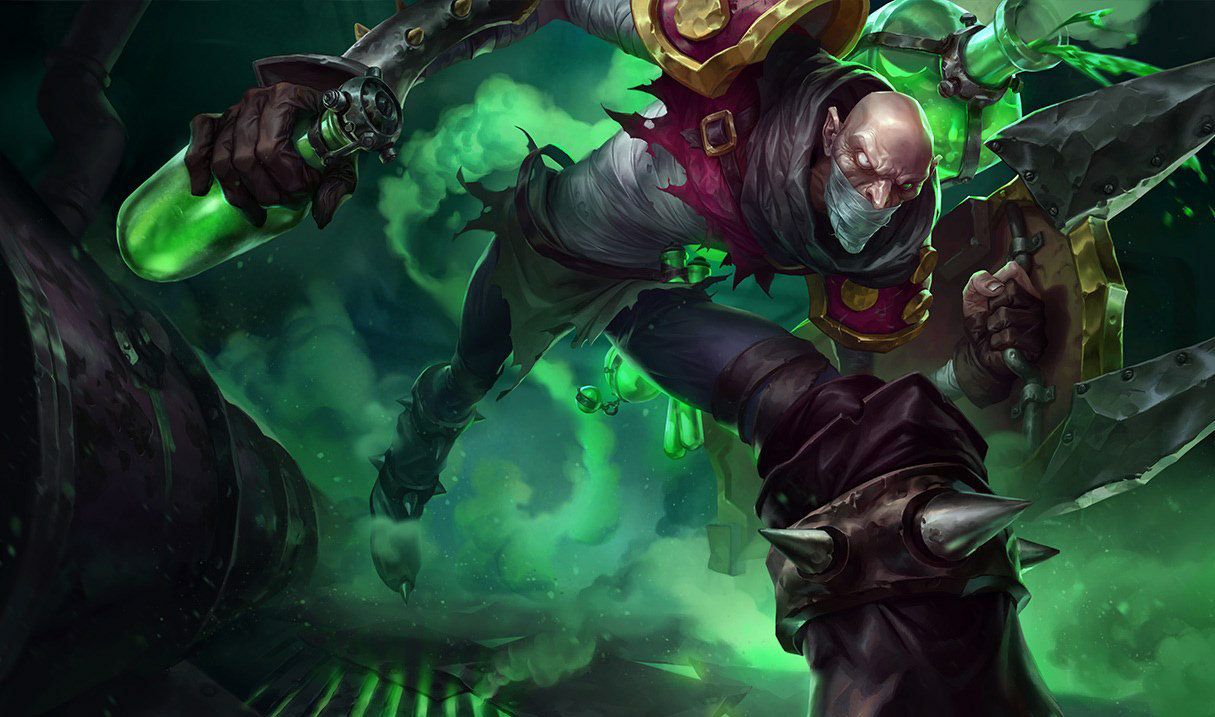
Singed, the Mad Chemist
“You mustn’t die yet; I have far too much to learn from your fragile anatomy.”
- Human
Zaun
The twisted, unfathomable madman known across Runeterra as Singed began his life as an ordinary man in Piltover. As a child, he displayed a prodigious intellect and a boundless sense of curiosity. The principles and interactions of the natural world fascinated him, eventually leading him to pursue a scholarship at the prestigious University of Piltover.
It did not take long for his brilliance to be recognized.
Singed’s research into the natural sciences was impressive—groundbreaking even—but he found that Piltover’s attention had been stolen away ever since the discovery of hextech, and the opportunities the hybrid of magic and technology presented. Singed found himself on the outside looking in, seeing magic as a crutch leaned upon by those who were either incapable of understanding how the world worked, or simply didn’t care enough to find out. He became a vocal critic of what he saw as a new and ignorant fad within the university.
Singed instead delved into the chemical potential of alchemy, and despite the boon his intellect garnered for the field, his efforts earned him little more than the ridicule of his fellow academics. Before long, his funding had dried up, and he was forced out of the university, and out of Piltover. Singed had no choice but to begin a new life—in Zaun.
In the undercity, life was cheap, and the demand for innovation high. Singed was quickly able to find work in the emergent chemtech industries, lending his skills and relentless drive for a variety of increasingly unscrupulous clients. His experiments, often of questionable ethicality, cast a wide net: augmenting humans, animals, and even fusions of the two, among countless other endeavours. Nonetheless, he pushed his new field forward at an incredibly rapid pace, but often at the expense of his own health. Understanding better than anyone the chemical needs of a living body, he engineered stimulants that could keep him alert and working for weeks at a time, before he would collapse, shivering and feeble, and sleep for days on end.
Singed’s obsessive, tireless efforts as an alchymist meant he found no shortage of patrons and clients, eventually including even the warmasons of Noxus. The gossip was rampant across both Piltover and Zaun that the empire and their Grand General were on the verge of bankruptcy from paying Piltover’s extortionate tithes for military passage to the campaigns in northern Shurima, and soon they might be looking elsewhere for new, less expensive conquests. So long as they paid his fees, Singed didn’t care.
After years of smaller, off-and-on projects, Singed was approached by a Noxian military commander named Emystan, who contracted the alchymist to help her break the bitter stalemate of the war in Ionia. She needed a new kind of weapon from him, the like of which no one had ever seen before… and she could make him a wealthy man indeed.
Putting aside all other concerns, Singed poured all of his intellect, knowledge, and experience into the synthesis of this new weapon. The result of his efforts was an alchemical fire that was unstable, volatile, and utterly horrifying. When it was finally unleashed in Ionia against the enemies of Noxus, it burned hot enough to fracture stone, and tainted the earth around it with dense, metallic poisons so completely that almost nothing would grow there. Even Emystan’s own allies were appalled, though not quite enough to name her and Singed as war criminals.
Now, without any restraint for capital, materials, or even subjects to experiment upon, Singed nonetheless feels the weight of years upon him. His most recent work has taken a decidedly more biological angle, and of a far more dramatic scope. A recent exercise in the melding of animal, man, and machine left his laboratories in ruins, his face held together with filthy bandages, and his subject freely prowling the streets of Zaun, yet Singed remains undeterred.
He has already mastered the destruction of flesh, and thus now has turned to the preservation and transformation of it… and perhaps even the possibility that life need not end with an inescapable death.

